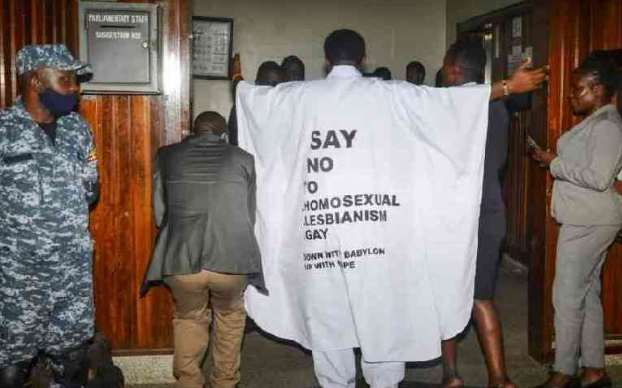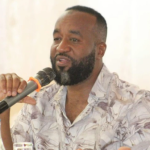Uganda’s LGBTQ community is facing a surge in online abuse, while authorities are conducting a “witch-hunt” against individuals perceived to be promoting homosexuality, according to a warning issued by Amnesty International on Wednesday.
The East African nation implemented anti-gay legislation last year that has been condemned as one of the harshest in the world by rights organizations, the United Nations, and Western governments.
The Anti-Homosexuality Act of 2023 imposes severe penalties, including life imprisonment for consensual same-sex relations and the death penalty for “aggravated homosexuality.” Since the law’s introduction, Amnesty has reported a significant rise in online attacks against LGBTQ individuals, including doxing, outing, threats of violence, blackmail, impersonation, hacking, and disinformation.
Shreshtha Das, Amnesty’s gender researcher and adviser, emphasized that this online abuse has “devastating consequences” for the LGBTQ community. Victims may experience “arbitrary arrests, torture and other ill-treatment, forced evictions, dismissal from work, exposure to offline violence, as well as stress, anxiety and depression.”
Amnesty International conducted research across six Ugandan cities and surrounding areas, interviewing 64 LGBTQ individuals and organizations to highlight the urgent need for action and protection for this marginalized community.
Harassment has shrunk the online space for LGBTQ people and hindered the outreach efforts of many organisations, it said, particularly those offering health services which fear losing their accreditation.
The Ugandan authorities have also cracked down on rights campaigners, according to the report.
“Their acts amount to a witch-hunt against those perceived as ‘promoting homosexuality’, creating a chilling effect on the rights to freedom of expression and association,” said Marco Perolini, Amnesty’s civic space policy adviser.
Blackmail was prevalent, and both police and private individuals have outed LGBTQ people, exposing them to severe consequences and ensuring that victims are reluctant to report abuse.
Amnesty added that the use of derogatory language against LGBTQ people was pervasive online, while disinformation campaigns depicted members of the community in harmful ways, including as “sexual predators”.
The rights group called for the Ugandan parliament to repeal the controversial law and for the authorities to conduct independent investigations into online abuse.



